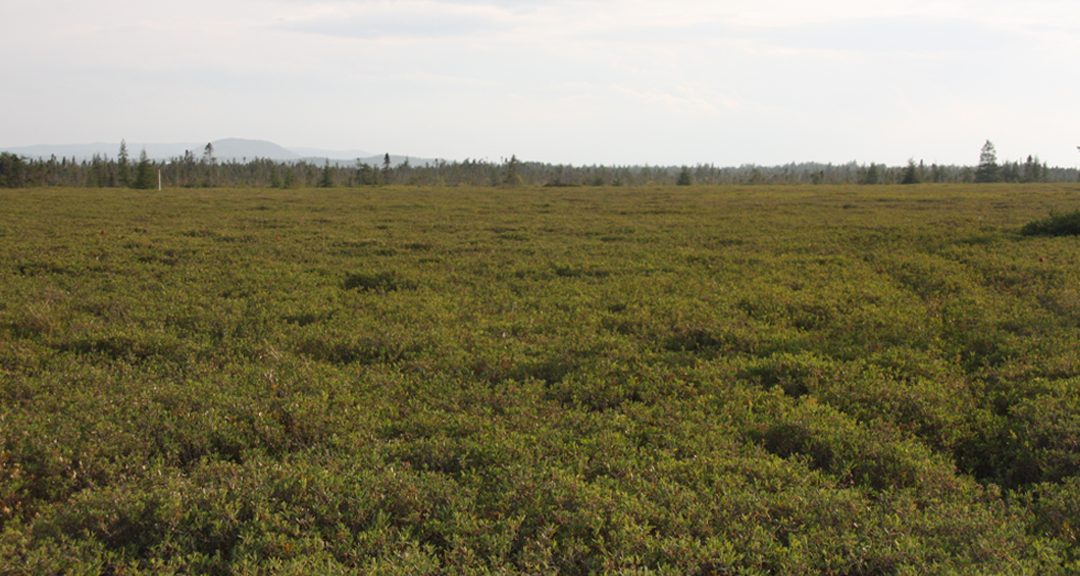Community members in the Lac La Ronge region are pushing back against a peat moss harvesting project proposal.
Lambert Peat Moss Inc., a harvesting company based out of Quebec, is working on getting approval to harvest peat moss in areas spanning 2,500 hectares located 15 km south of La Ronge.
The company said the project could potentially start in 2021 and would continue for at least 80 years.
Lambert is in the community consulting and provincial government’s environmental assessment stage for the project.
Kona Barreda, a teacher in the area, has started an online petition to stop the project from going any further.
“As a teacher, I’m teaching my students to be ecologists and to care about the environment and so we thought this is a really important thing to do,” she said.
The petition currently has over 17,500 signatures.
Lambert held an online public forum last month to present what their project and to get feedback from community members. According to Lambert, there are four areas south of La Ronge where the project would take place. They also said to harvest the moss, they would need to build new roads to access the locations, fix old roads so their machinery could use them, clear some vegetation and drain bogs where the moss grows.
In addition to that, Lambert said 25 to 30 jobs would be available every season (May to October) with most of those going to local people.
Miriam Körner, a local artist and author who moved to the region close to 20 years ago, started the Facebook page with the goal of informing other community members of the muskegs where peat moss grows.
“We found that there was a lot of concern and a lot of information out that people were sharing and I think that was the goal of “For Peat’s Sake” (the Facebook group); to get us really informed,” Körner said.
The group currently has 535 members, and has people, including Körner, sharing articles and other links with information on muskegs, the affect the harvest could have on woodland caribou as well as on Lambert Peat Moss Inc. itself.
Some of the issues that could arise if the project goes on, according to Körner and Berrada, are disruptions in woodland caribou and other animal’s habitats, loss of natural wildfire breaks and it’s effects on Indigenous peoples’ trap-lines and gathering sites.
Körner said the next step will be to take a stand against the project.
“The second step is to really look into the regulations and call-out people who are involved in the process and take a stand, and make demands from the government to look at this project in a way that is fair and honest for all parties involved.”
(Photo: Peat Moss. Courtesy of Lambert Peat Moss Inc.)
